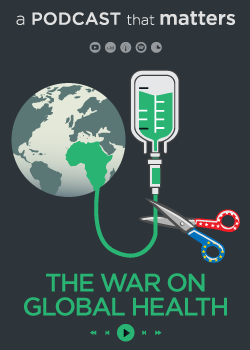Print

EU Support to African Training Centres in Peace and Security Capacity Building/Training Expert: Civilian/Police
Details
Locations:Angola, Antigua and Barbuda, Bahamas, Barbados, Belize, Benin, Botswana, Burkina Faso, Burundi, Cameroon, Cape Verde, Central African Republic, Chad, Comoros, Congo, Cook Islands, Cote d'Ivoire, Cuba, Dem. Rep. Congo, Djibouti, Dominica, Commonwealth of, Dominican Republic, Equatorial Guinea, Eritrea, Eswatini (Swaziland), Ethiopia, Fiji, Gabon, Ghana, Grenada, Guinea, Guinea-Bissau, Guyana, Haiti, Jamaica, Kenya, Kiribati, Lesotho, Liberia, Madagascar, Malawi, Mali, Marshall Islands, Mauritania, Mauritius, Micronesia, Mozambique, Namibia, Nauru, Niger, Nigeria, Niue, Palau, Papua New Guinea, Rwanda, Saint Kitts and Nevis, Saint Lucia, Saint Vincent and the Grenadines, Samoa, Sao Tome and Principe, Senegal, Seychelles, Sierra Leone, Solomon Islands, Somalia, South Africa, Sudan, Suriname, Tanzania, Timor-Leste, Togo, Tonga, Trinidad and Tobago, Tuvalu, Uganda, Vanuatu, Zambia, Zimbabwe
Start Date:2008
End Date:2009
Contract value: EUR 129,435
Sectors: Conflict, Security, Training
Categories:Consulting services
Funding Agencies:
Date posted:Oct 29, 2013
Description
Following the approval of the Partnership on Peace and Security, identification and preparation activities are required in order to move forward and to elaborate an EU programme of support for African training centres in the area of peace and security.
The purpose of this study is threefold: In a first phase (desk study) the objective is to identify, on the basis of already existing documents and information, African training capabilities and training needs as well as existing bilateral and multilateral support programmes.
In a second phase (field study) the objective is to identify the most relevant training centres that could benefit in priority of EU support in order to best achieve the objective of enhancing the expertise of African personnel involved in conflict prevention and conflict management within the different levels of the African Peace and Security Architecture.
In a third phase the objective is to make proposals on the kind of support which is the most relevant and efficient for the selected centres, to specify the best method for delivering this EU assistance, to specify a preliminary programme budget and timeframe for implementation and to define a possible EU support programme encompassing all relevant elements required for a financing decision on the programme, including a draft Financing Proposal/Contribution Agreement.
